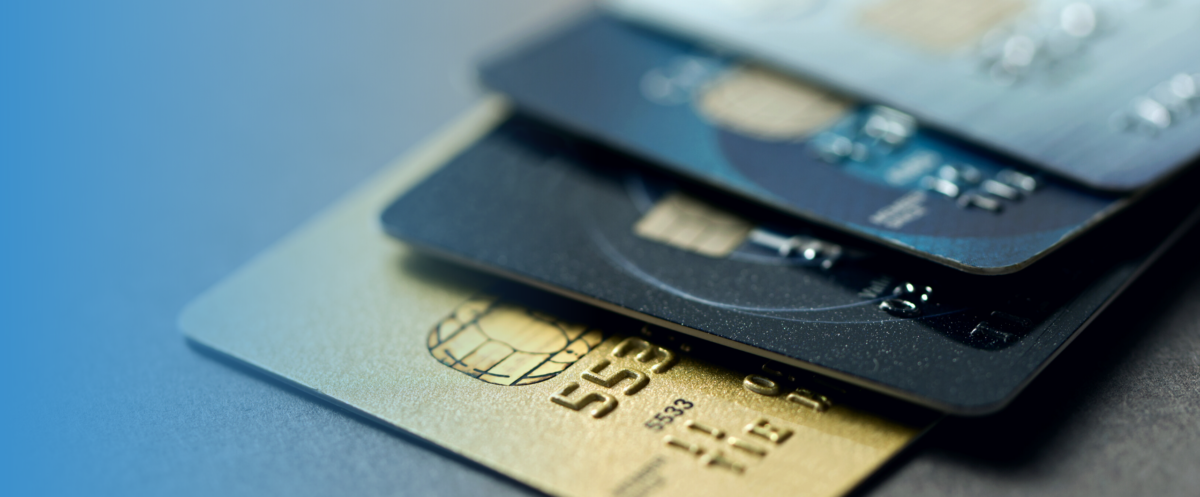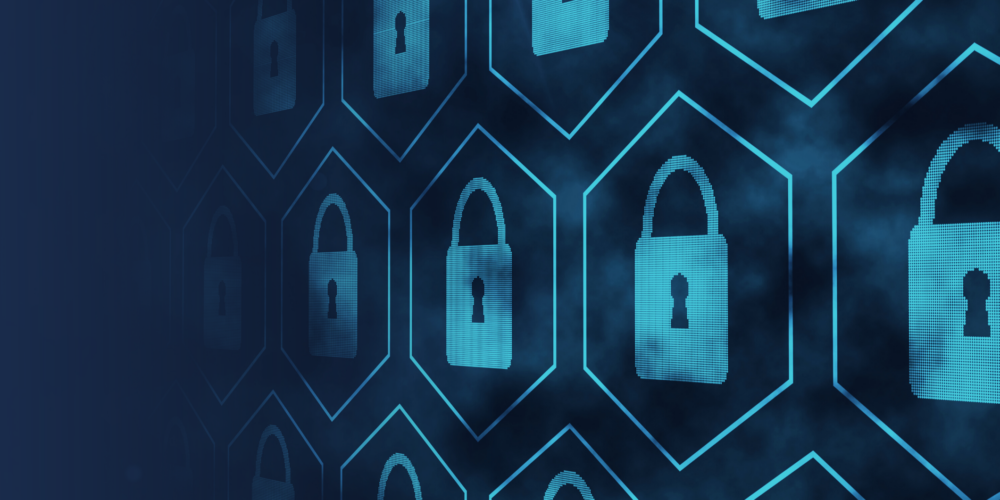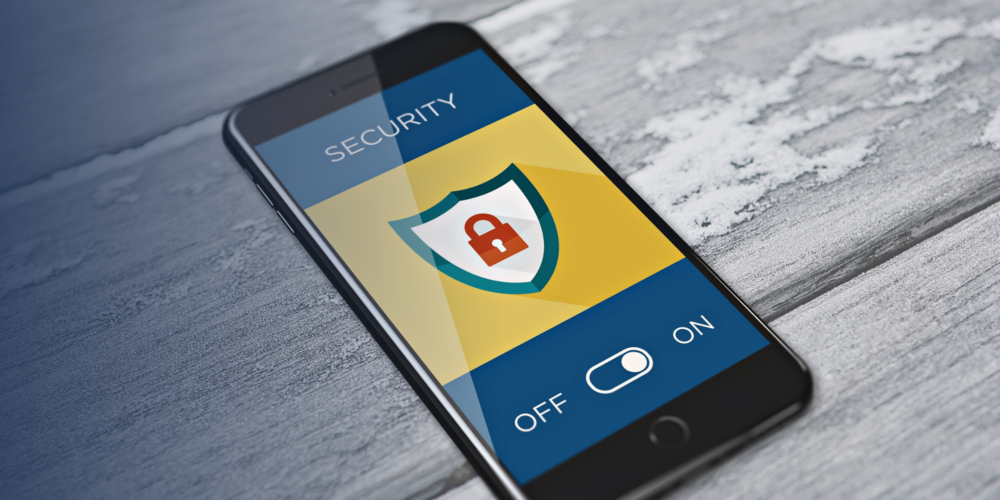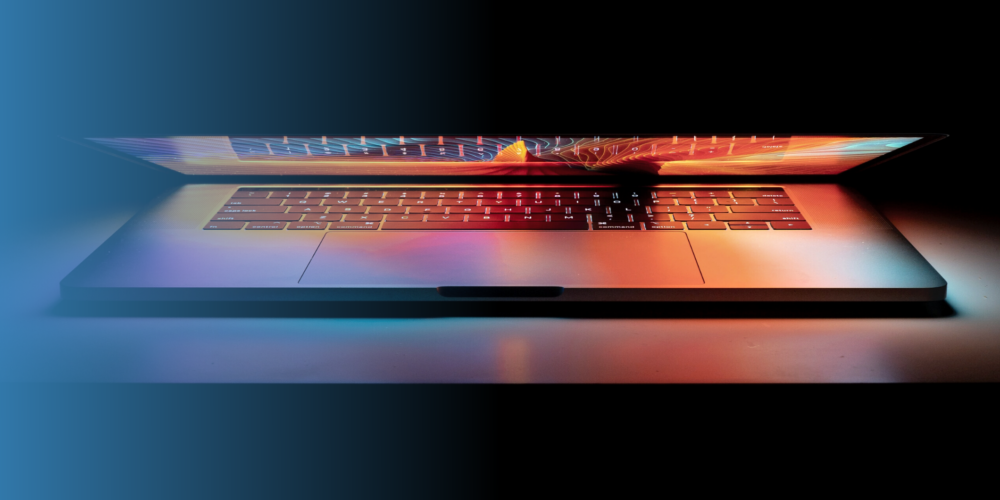PCI compliance.
This essential part of the customer experience is taken for granted by far too many businesses. It’s an issue confronting mom-and-pop shops, internet storefronts, and larger companies with multiple locations. Many assume that, so long as they have a Point-of-Sale (POS) system that’s “PCI-compliant,” their work is done and they don’t have to worry.
That’s certainly not true, which you’ll see as we delve into: “What is PCI compliance?”
PCI Compliance: Defined
PCI stands for “Payment Card Industry.” So PCI compliance literally means that you’re compliant with the payment card industry.
Specifically, being PCI compliant means the security protocols you have in place when processing credit cards meet the industry standards for protecting consumer information. Get ready for acronyms: This is known more specifically as PCI DSS, or Data Security Standards.
But just what are these standards, and who sets them? The best resource on the topic, and the entity responsible for reviewing and updating the standards, is the (hold on tight, another acronym on the way) PCI SSC, or the PCI Security Standards Council. It’s this group who mandates what the contemporary standards are, ensuring they reflect changes in the marketplace and the constantly evolving protocols that govern what is to be considered “safe” in the current business environment.
So What Are the Standards You Need to Follow?
The PCI Security Standards Council provides an excellent review of what these standards are. At a high level, you as a business owner or manager need to:
- Build and maintain a secure network via firewalls and updated passwords
- Protect data not just within the POS system but anywhere it might be stored and as it’s traveling through your network (i.e. your WiFi setup).
- Use anti-virus software to manage vulnerabilities
- Limit and track data access by persons in your employ and other third parties
- Monitor your network
- Formulate and maintain a policy governing all the aforementioned points
The Truth About POS Systems
Your POS system will take care of some, but definitely not all, of these thresholds. Your POS likely has antivirus software installed and regularly updated, and it’s built to protect the data being processed.
But things get tricky once you leave the relative comfort of the POS. After all, your WiFi network, computers and servers are additional areas where data is put at risk, and without the right security precautions, such as password protection, a Virtual Private Network (VPN) and more, these are potential vulnerabilities as well.
The same goes for access. Do you know who within your company has access to customer data? How is their access monitored and controlled? How easy would it be for someone, such as a former employee, to gain access and manipulate the data?
And have you formulated a policy that addresses all these issues?
As you can see, PCI compliance goes far beyond simple reliance on a POS system with a good industry reputation. It requires you to do some heavy lifting as well.
Thankfully, PCI compliance solutions exist to take your compliance to the next level without a significant time and labor commitment. These solutions complement the security protocols made available via your POS, helping you meet the threshold for modern Data Security Standards.
Now that you know what PCI compliance means, learn more about how Logic Shield can help you do everything necessary to protect your customers and your business.






